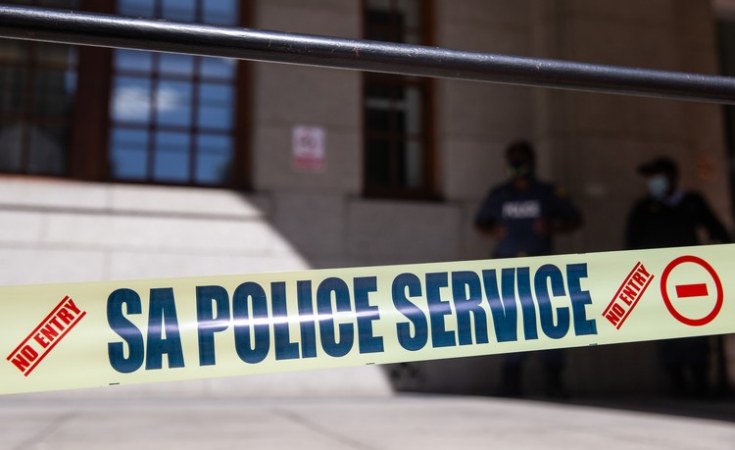The bank's findings reveal the price extracted from the public and private sectors -- and ordinary citizens -- by the country's high crime rate. Essentially, it's yet another tax.
Crime costs South Africa's economy the equivalent of about 10% of its GDP each year, according to a new World Bank report titled Safety First: The Economic Cost of Crime in South Africa. And that, the report admits, is a "conservative estimate".
"High crime rates damage the economy and contribute to the misallocation and inefficient use of resources, inflicting an estimated cost of at least 10% of GDP every year. This amount -- which represents R700-billion in 2023 -- combines transfer costs associated with stolen property, protection costs and opportunity costs," the report says.
This assessment dovetails with other estimates, but it is backed by the expertise and research capabilities of the World Bank, which frames the issue as a burdensome additional tax on SA's slow-growth economy.
"Although not all these costs represent absolute welfare losses, they do penalise those households and businesses who are victims of crime, and the state, which spends large amounts on public order and safety. Hence, it represents a high 'tax' on the economy that distorts the allocation of resources, constrains the country's growth potential and has negative distributional effects," the report says.
By global standards, crime in SA -- similar to unemployment and inequality...


